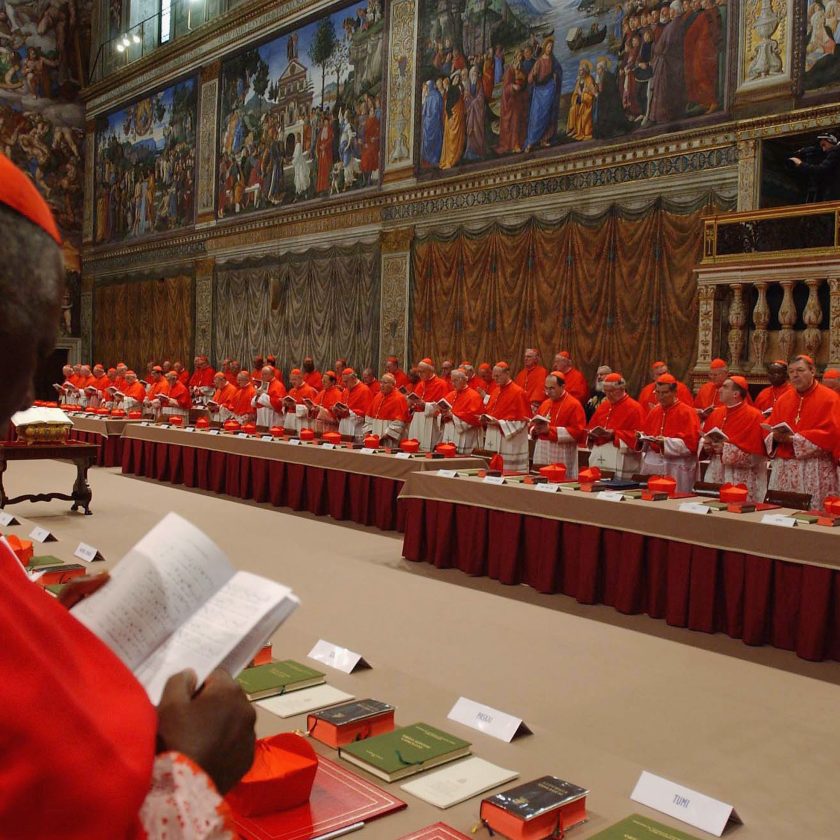The world Teachers’ Day will be celebrated in Rwanda on December 14, under the theme “The teachers we need for the education we want: The global imperative to reverse the teacher shortage.”
The day is also aimed at examining how schooling systems, communities, societies, and families perceive, appreciate, and effectively support instructors.
Speaking to some of the educators, they highlighted the cause of teacher shortage, how to address it, and the support they require from society.
William Niyonzima, a teacher at the Institute of Applied Sciences (INES) – Ruhengeri, explained that shortage of teachers especially in public schools is triggered by lack of motivation, patience, perseverance, and courage, something that burdens teachers.
Some teachers opt for teaching just to escape unemployment, but do not do it as a passion, and once they get money to start businesses, he said, they quit the profession.
“Some teachers use teaching as a bridge that connects them to their dreams.”
For Niyonzima, the educators’ salaries are still low – this pushes them to leave the profession as they are not satisfied with their allowances, yet they invest much time, and effort.
“Even when they love teaching, they have no option but to quit since they can’t cater for their basic necessities and those of their families.”
Solutions to teachers’ scarcity
Niyonzima extended his appreciation to the government for the policies and initiatives that support teachers such as Umwalimu SACCO which offers loans to teachers at a lower interest rate.
“The government about a year back increased the teachers’ salaries. However, due to the high inflation rate, these earnings haven’t improved the educators’ lives. There should be a raise in payments.”
Most decision-makers, he noted, take their children to private schools which is an indicator that public education is still lagging behind.
Aggrey Buhungiro, a teacher at Kigali Parents School in Kigali, pointed out that teachers ought to be financed through the Parents Teacher’s Association fund where parents contribute a little money for the educators. For him, even if each parent contributed about Rwf 2,000, it could make a difference in teachers’ lives.
“This money can cover teachers’ rent so they sleep in decent houses. Gone are the days when teachers had school quarters to alleviate the financial burden. Currently, a great number of teachers spend half of their salaries on rent, yet a lot more other needs await; things like school fees, and others.”
Support from communities
Buhungiro urged communities to allow teachers to partake in responsibilities, sit in community discussions, air out their views and listen to their suggestions as they are sometimes undermined yet they have knowledge on issues such as family planning, parenting, and so forth.
“Teachers are disregarded and cannot sit on high tables – this is one of the less valued professions,” he said.
Buhungiro also noted that teachers’ children should also be considered for scholarships whether within or outside the country.
“Some of these teachers can’t afford to educate their children yet wake up every day to ensure that they offer quality education to others. We should know that when a teacher is happy, the world is happy,” he noted.
There should be more privileges in teaching, he said. That way, he said, educators will be devoted to their work. This is why some have enrolled in other professions like the military, he said.
Aline Igisubizo, a teacher of Groupe Scolaire Buhaza, in Rubavu District, stressed that teachers have a great role in society to pass on valuable knowledge, skills, and values to the learners. However, she noted, they require the community to help them work better, together.
“As responsible citizens to their children, parents and guardians ought to play their role at home by guiding learners with their homework, and imparting morals and discipline to them. The joint efforts contribute to quality education,” she added.
Pacifique Ndungutse, a teacher from Groupe Scolaire Rwimitereri, said that teachers ought to be trained in skills that will help them execute their work better, mostly in information and communications technology (ICT). Additionally, he emphasized, educators must be coached in special educational needs to support children with disabilities.
For Christine Umutesi, the headteacher of Gifumba Primary School, in Muhanga District, teachers are most often overwhelmed by a high number of students in one class.
“In public schools, like primary, a single class has between 80 to 110 students, and it is hard to follow up on such a number.”
Some teachers are far away from their families as they are placed in faraway provinces, among other challenges, a situation that results in loneliness, Umutesi added.
“They also encounter other issues such as insufficient resources, heavy workloads, challenging students’ behaviors and limited support which can contribute to burnout, thus making the profession less appealing,” she said.
According to Umutesi, addressing these issues is crucial to attracting and retaining qualified educators in public schools. She called upon communities to support teachers by fostering a positive and collaborative educational environment.
“For example, parental involvement should be encouraged through open communication; involvement in their children’s education, reinforcing positive behavior at home, and encouraging a conducive learning environment.”
Umutesi recommended that parents get involved and regulary follow up on their children’s progress and address any concerns “collaboratively” to contribute to a productive teacher-parent partnership.
Additionally, she noted the essence of resource allocation, by advocating for adequate funding and resources for schools, and ensuring teachers have access to necessary materials and technology. Umutesi also pointed out the need for professional development opportunities by supporting ongoing professional development initiatives for teachers to enhance their skills and stay updated on best practices. This, she said, is especially for upcountry or rural teachers.
“Building partnerships with local businesses, organizations, and community members assists to create additional learning opportunities and support for teachers and students,” she said.
Advocacy for education is also essential where community members can advocate for policies that prioritize education, fair compensation for teachers, and improved working conditions, she noted.
By creating a collaborative and supportive community, Umutesi noted, teachers can feel more empowered and better equipped to educate and inspire their students.
SOURCE: TNT





